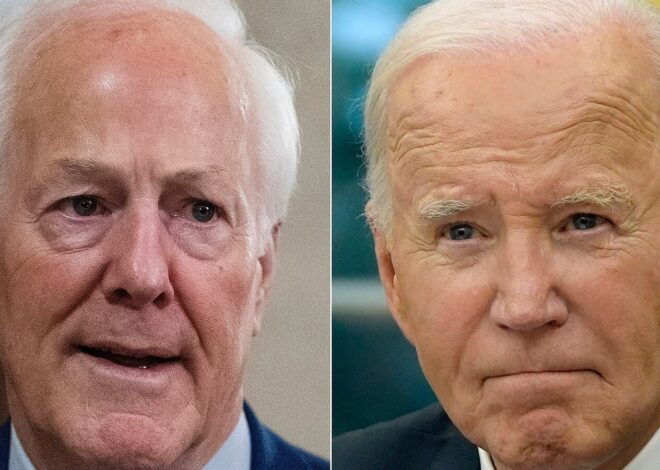
Committee Moves Trump Megabill Forward to Full House Following Amendments to Satisfy Dissenters
The All-Nighter on Capitol Hill
It seems the sun never quite sets in Washington D.C., especially not when a nearly 22-hour hearing has just wrapped up. Late into the night, the House is preparing to tackle the so-called “One Big Beautiful Bill Act,” a massive piece of legislation tied to Donald Trump’s agenda for his second term. The House Rules Committee has pushed a revised version forward, setting the stage for what promises to be a long and perhaps arduous overnight session.
The marathon hearing led to an 8-4 vote by the committee, moving the bill one step closer to a full House vote. A notable absence was Texas Rep. Chip Roy during these crucial votes. As discussions continued, several provisions underwent changes, including adjustments to Medicaid work requirements-a hot topic that has stirred more than a few pots in recent days.
Medicaid work requirements will now begin “no later than December 31, 2026,” a notable shift from the original start date of 2029. This change is seen as a victory for the more conservative members of the party, who have been pushing for deeper spending cuts. The bill also includes incentives for states to avoid expanding Medicaid, which has already sparked much debate.
The full House floor awaits. While Republicans rally, Democrats are working to slow things down, perhaps hoping to stall or even derail the bill’s progression. Tactics like forcing a vote to adjourn have already been employed, signaling a long night ahead.
Earlier, there were efforts to shore up support. On Wednesday, Trump met with House Speaker Mike Johnson and members of the House Freedom Caucus, trying to cement backing for the bill. The meeting came after negotiations on Tuesday with the hard-liners fell apart. The GOP, it seems, is far from a united front, with significant disputes over Medicaid work requirements and state and local tax deductions yet unresolved.
White House press secretary Karoline Leavitt later remarked on the meeting’s productivity, noting that it “moved the ball in the right direction,” highlighting the President’s belief in the urgency of passing the bill. But clearing the House is just one hurdle. The bill faces the Senate next, where Republican members are already hinting at further changes.
Among the changes in the 42-page amendment, the cap on state and local tax deductions has been a big point of contention. The deduction rises to $40,000 for incomes under $500,000, significantly more than the previous $10,000 cap. This move aims to appease blue-state Republicans, many of whom have made their support contingent on lifting the cap.
Meanwhile, the so-called “MAGA Savings Accounts” have been rebranded as “Trump” Accounts, with the President’s last name appearing frequently throughout the amendment. Expedited cuts to clean energy credits have also been proposed, with a faster phase-out of some Biden-era tax credits. These changes will allow Republicans to redirect funds to the overall bill costs.
Another significant addition is the $12 billion earmarked for border security reimbursements, addressing costs from Biden-era border actions. The DHS Secretary now has the power to authorize grants for immigration enforcement, signaling a shift in priorities.
Lastly, in a surprising twist, the amendment delists silencers from the National Firearms Act, effectively ending the tax on their transfer. Perhaps it’s a minor detail in the grand scheme of things, but these subtle shifts often carry their own stories.
What lies ahead is uncertain. The path through the Senate is fraught with its own challenges and debates. It’s a tangled web in the corridors of power, one that will take more than just a long night to unravel.
For more on this, you can read the latest updates on ABC News.



